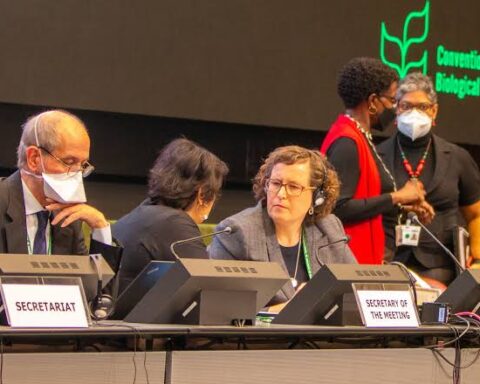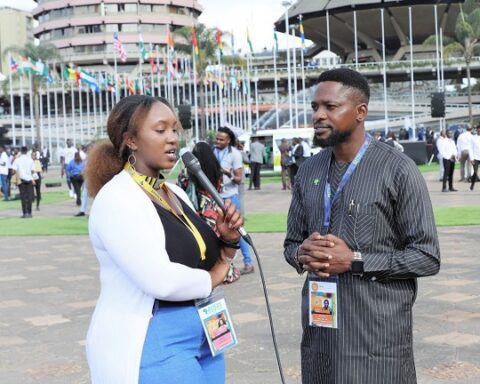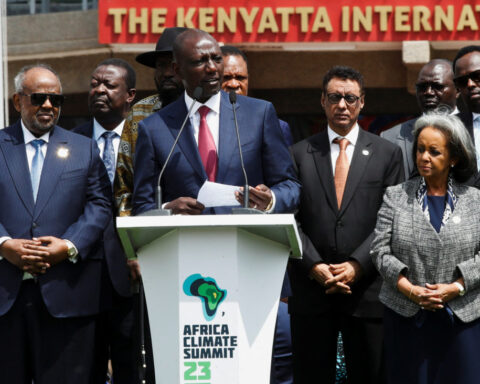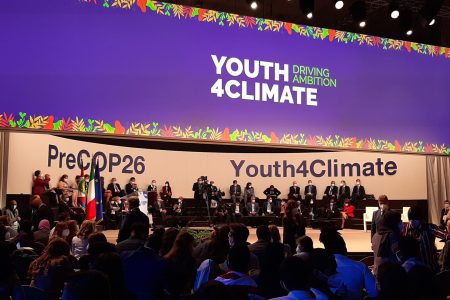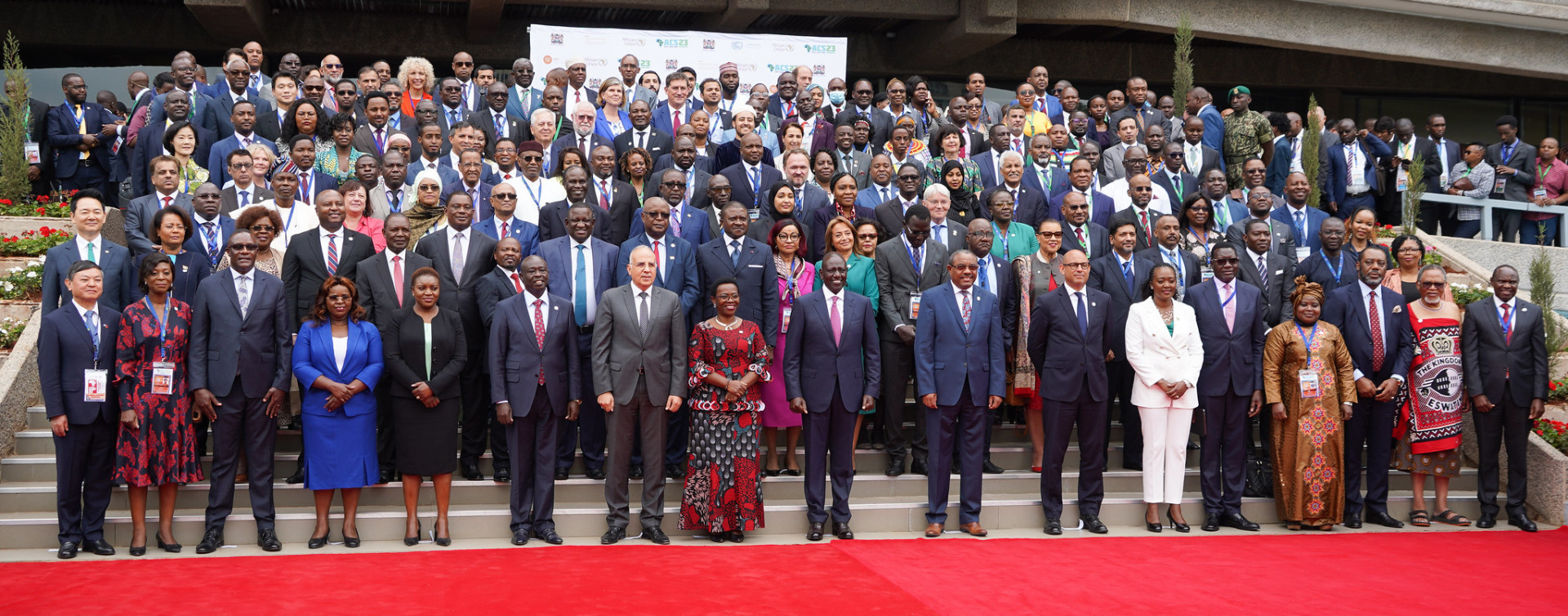Africa’s first climate summit kicked off in the Kenyan capital today with delegates aiming to forge a common position ahead of upcoming global conferences and discussing how to fund the continent’s environmental priorities.
This is the first-ever climate summit co-hosted by Kenya and the African Union.
President William Ruto welcomed all delegates who responded to the call to attend the summit.
“I welcome everyone to the Africa Climate Summit. You have not just stepped into a conference hall but into the future. This is no ordinary summit,” he said.
He said the summit seeks to profile Africa as part of the climate crisis solution.
Ruto said it is not a summit of blame games but one where everybody comes to the table to find solutions.
“We are all convened here for the first-ever Africa climate summit so as to come up with solutions in tackling the climate crisis,” he said.
Organizers say they anticipate hundreds of millions of dollars in deals to be announced at the three-day summit, during which they aim to showcase Africa as a destination for climate investment rather than a victim of floods, drought, and famine.
Environment ministers, business executives, and climate campaigners will discuss how to scale up climate finance and carbon markets, investments in adaptation to rising temperatures, and transformation of food systems.
More than 20 presidents and heads of government are expected to attend the summit from Tuesday. They plan to issue a declaration outlining Africa’s position ahead of a U.N. climate conference next month in New York in September and the COP28 U.N. summit in the United Arab Emirates from late November.
In her opening remarks, Kenyan Environment Minister Soipan Tuya stressed the urgency of the moment.
The climate change debate has entered a new era. It is no longer just about tackling an environmental or development problem, but about addressing climate change in the context of justice,” Tuya said.
“If we do not develop adequate response measures to deal with climate change crisis, it will destroy us.”
African leaders are pushing market-based financing instruments such as carbon credits in a bid to mobilize funding that they say has been slow to arrive from rich-world donors.
Carbon credits allow polluters to offset emissions by funding activities including tree planting and renewable energy
One of the top lenders in the Democratic Republic of Congo, Rawbank, and global energy trader Vitol (VITOLV.UL) announced a $20 million investment on Monday in renewable energy, clean cooking, and forest conservation in Congo.
Many African campaigners, however, have opposed the summit’s approach to climate finance, saying it advances Western priorities at the expense of the continent.
They say carbon credits and other financing instruments are a pretext for wealthier countries and corporations to continue polluting and that African countries should hold donors to financial commitments they have previously made to poorer ones but so far only met in part.
“Africa needs funding from countries that have got rich off our suffering. They owe a climate debt,” said Mohamed Adow, the director of energy at the Power Shift Africa think tank.
African countries contribute only about 3% of global carbon emissions, according to U.N. figures, but are increasingly exposed to the impact of extreme weather linked to climate change, including the Horn of Africa’s worst drought in decades.
By Dare Akogun




